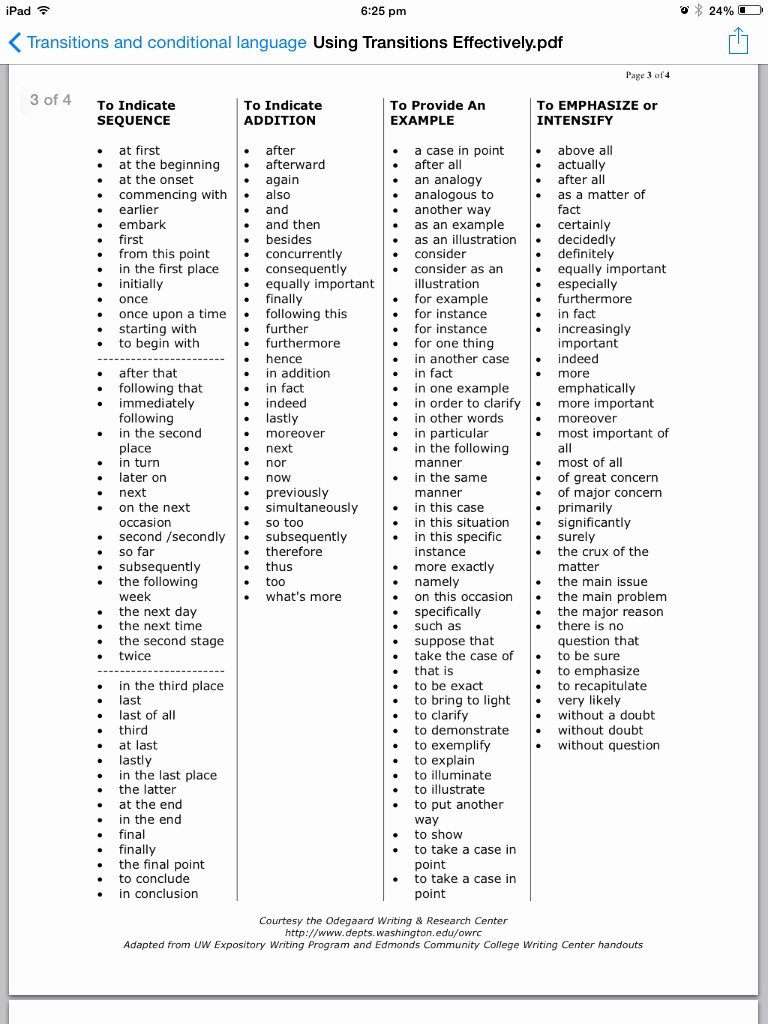


When you’re speaking with someone who has upset you on multiple occasions, you may find yourself inadvertently resorting to using phrases such as “You always …” or “You never…”Įxaggeration will undermine your overall credibility and lead to a debate about frequency instead of substance. If you’ve really made your case persuasively, there’s no need to potentially derail the outcome by stating your own views about how obvious or beyond a doubt something is. Not surprisingly, when your words (inadvertently) suggest that any divergent views are stupid or inconsequential, others may feel railroaded or insulted. We’re seldom in such an objectively black-or-white situation, and reasonable people may see things differently than you or need more convincing to come around to your viewpoint. Sometimes, if you feel like you’re 100 percent right, you may use words such as “clearly,” “obviously,” or “beyond doubt.” If you do this, you’re falling prey to naive realism - the belief that you’re privy to some objective reality that others will clearly see and agree with. Over twenty years of teaching and research, which I describe in my new book Choosing Courage, I’ve found that people often forget a critical point: When navigating a difficult conversation, you need to craft your message while keeping the other person’s feelings and opinions in mind.īelow are some of the most common mistakes I’ve observed - words and phrases that can slip into our vocabulary - and explanations for why they often cause trouble. Your best laid plans will go to waste if you offend or anger the other person. And it doesn’t matter how prepared you are. Difficult conversations are difficult for a reason, and when you’re anxious or stressed out, it’s easy to say the wrong thing.


 0 kommentar(er)
0 kommentar(er)
